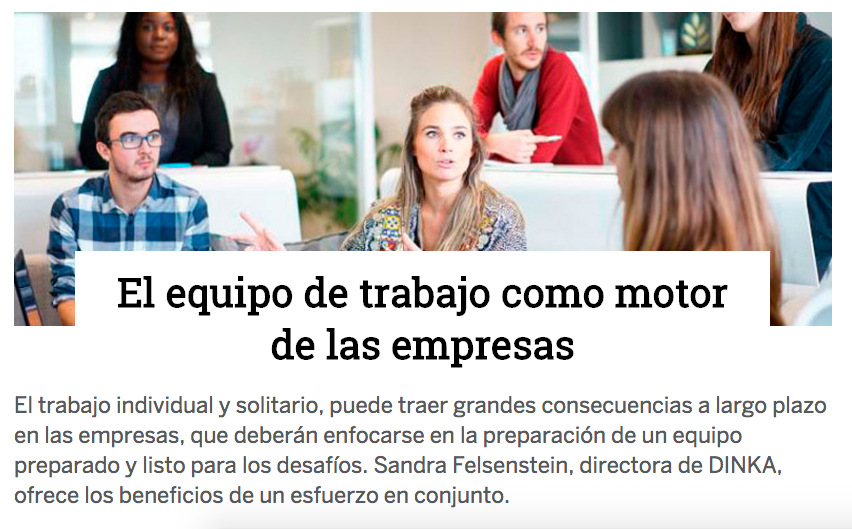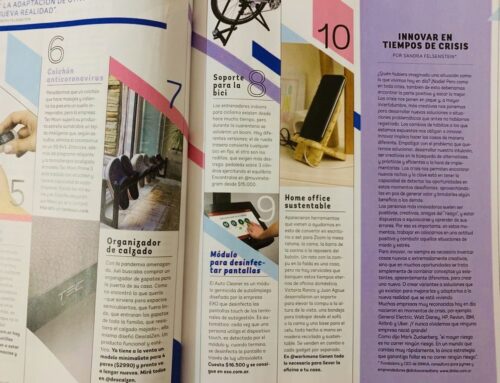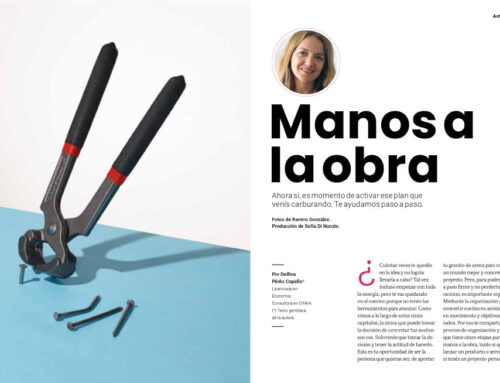By Ing. Sandra Felsenstein, director of Dinkka*
We usually say that the team is more than the sum of the parts. And why is that? Because when we manage to create synergy among people who make up a group of beings, the result forms a team. That is, a group of individuals who work with the same objective, leveraging efforts, generating shared learning and good common practices.
The value of teamwork has been becoming increasingly important in recent years, both in large companies and in small and medium organizations. And this is what many efforts and studies have generated to understand how to make the most of the benefits of a work modality of these characteristics.
Globalization, which generates constant changes in world trends and increasingly fast and sophisticated communications require that all organizations are forced to be more efficient and face the optimization in the quality of their products or services, in customer service, in their work processes to reduce costs, etc. In this sense, there is no doubt that it is imperative to include technological advances in all activity to optimize processes and results, but no less important is to continue maintaining the focus on human resources that must be suitable, but also willing to implement the new technologies and the changes that they bring rigged.
One of the keys to achieving innovative companies, is to achieve heterogeneous work teams. In this sense, special attention is required about the members that compose them. It must be taken into account that a working group is made up of individuals with different interests, values, ideas and ways of communicating and also with differentiated rhythms. These differences in other times could be perceived as possible generators of personal wear, demotivation, low performance or high dropout, among others. However, it is currently interpreted, that is, these differences must be exploited in pursuit of successful performance, since they are those that motivate the generation of new ideas and proposals; In other words, they promote creativity. This will subsequently allow them to interact aligned, focused on the common objective.
North team
Every work team requires that the objectives be very clear and known in depth by all members, for which excellent internal communication is indispensable. The clarity and fluidity in the communication of the objectives to be met, the strategies to be used, the advances and achievements that are obtained, result from immense value to sustain the motivation of the equipment. Likewise, and also in order to maintain a sustained enthusiasm of its members, it is important to recognize performance and the achievements that are obtained, both individually and from the group in their joint action. This allows us, to a greater or lesser extent from the old control processes "for tasks" to move on to the control "by objective", which generates empowerment of the collaborators towards the company, achieving greater commitment and consequently better results.
While teamwork requires clearly present leadership that guides its operation, it is also very important that members individually have their space to express their personal ideas and suggestions and make their contributions to the general project. This is the paradigm shift of the "traditional boss" to the "current leader." In this way a committed and permanently motivated team will be maintained.
These concepts are those that occupy a large part of the current agenda, not only of the great entrepreneurs, but also constitutes generalized trend in SMEs, family businesses and even in entrepreneurs and startups, with the clear conviction that these professionalization processes can significantly increase the results achieved.
* Comprehensive consultant in management and planning for SMEs.








